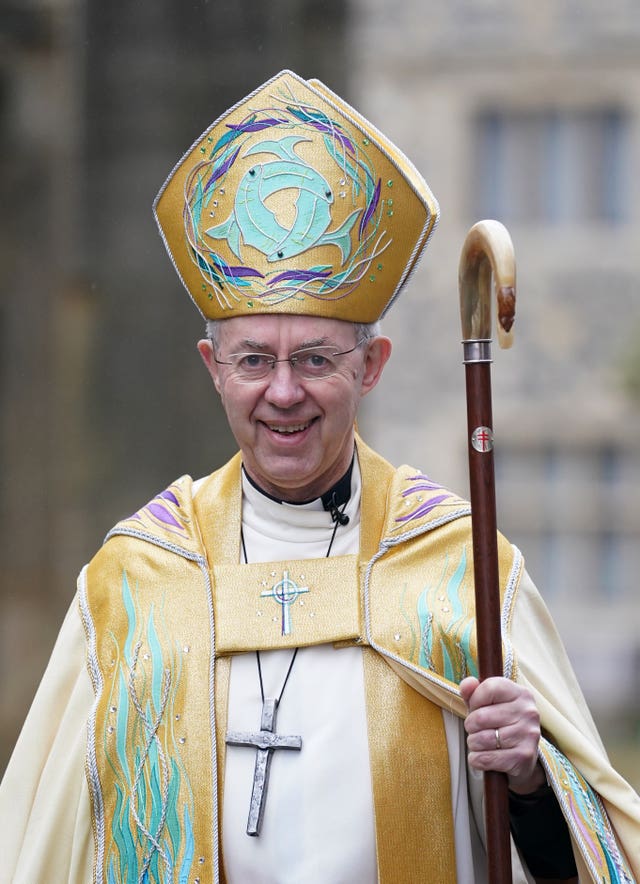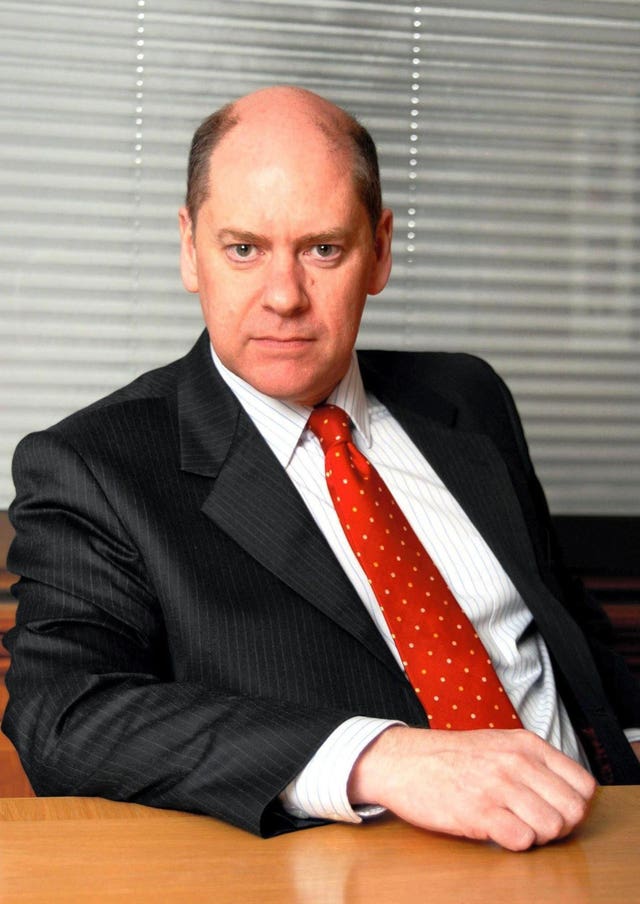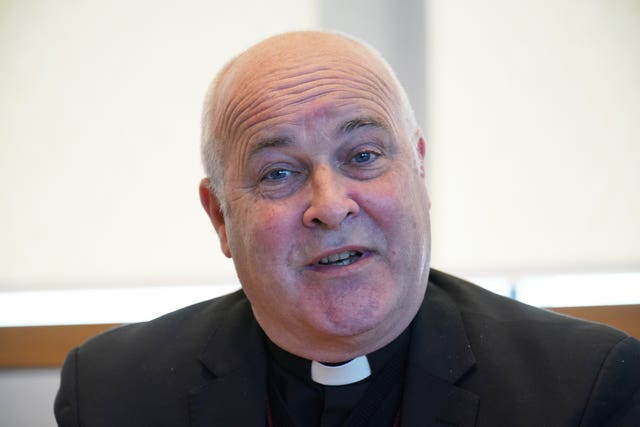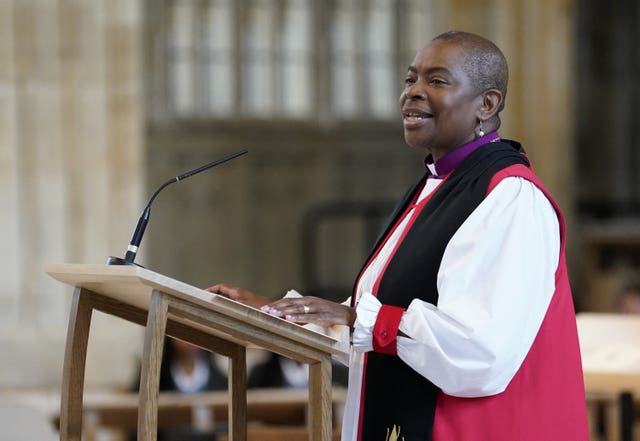The search for a new archbishop of Canterbury and how the process works
The next person to take on the role will be the 106th archbishop of Canterbury.

The search is under way for a new archbishop of Canterbury.
Here, the PA news agency takes a look at how the process works:
– What is the role and why is it vacant?
The archbishop of Canterbury is senior bishop of the Church of England, Primate of All England and spiritual leader of the worldwide Anglican Communion.
St Augustine established what is known as the See of Canterbury in 597 after coming to Britain from Rome; bringing the Christian faith to southern England, according to the Church of England’s official website.

Justin Welby was announced in late 2012 as the 105th archbishop of Canterbury.
He said on November 12 2024 that he was to stand down following failures in handling a Church abuse scandal involving barrister and Christian camp leader John Smyth – thought to be the most prolific abuser associated with the Church.
Mr Welby’s final day in the role is January 6 2025.
– Who decides who will be the next archbishop of Canterbury?
The candidate to succeed Mr Welby will be nominated by a body called the Crown Nominations Commission (CNC), which is a Church of England committee.
It will be chaired by Lord Evans of Weardale – a former director-general of the MI5 security service.

Among the CNC members will be a bishop elected by the House of Bishops; the Archbishop of York or, if he chooses not to be a member, a further bishop to be elected by the House of Bishops; three representatives elected from the Diocese of Canterbury; six representatives – three clergy and three lay – elected by General Synod; five representatives from other churches in the Anglican Communion – one each from Africa; the Americas; Middle East and Asia; Oceania and Europe.
CNC membership should be known by spring and the commission is likely to meet at least three times.
– Will the public have a say?
Members of the public, from within the Church and those outside it, will be able to submit their views – and names of those they think would be a good fit – through a public consultation.
It is likely this will take place from around February.
A report will be written up and presented to the CNC, containing the main themes which have emerged during the consultation.

The CNC will put together a role profile, aimed at reflecting what the Church and wider Anglican Communion wants to see from a new archbishop of Canterbury.
– Can people apply?
No. There will be no advert to which anyone can put their name forward to be the new archbishop of Canterbury.
Once the role profile has been put together, possible candidates will be “invited in” to the process.
Historically, candidates have been people who already have senior leadership roles in ministry in the Church or elsewhere in the Anglican Communion.
Candidates must be at least 30-years-old, and generally younger than 70.
– When will the new archbishop of Canterbury be known?
It is expected there could be an announcement by autumn 2025.

It is not thought a longlist or shortlist of names of potential candidates will be officially made public during the process. It is usual that the name of the CNC’s recommended candidate is given to the prime minister who passes it to the monarch.
It had been tradition for two names to be put to the prime minister – a preferred candidate and an alternative – but that is said to have ended during Gordon Brown’s premiership.
– Who is holding the fort in the interim?
Many of Mr Welby’s functions as Archbishop of Canterbury will be delegated from January 7 to the Archbishop of York Stephen Cottrell.
The metropolitan functions will be delegated to the Bishop of London Dame Sarah Mullally, while the diocesan functions will be passed temporarily to the Bishop of Dover Rose Hudson-Wilkin.





